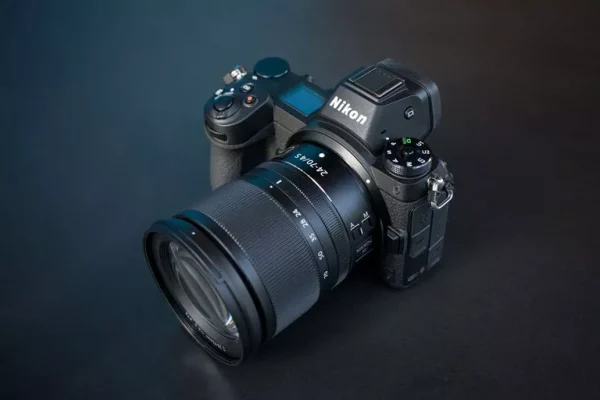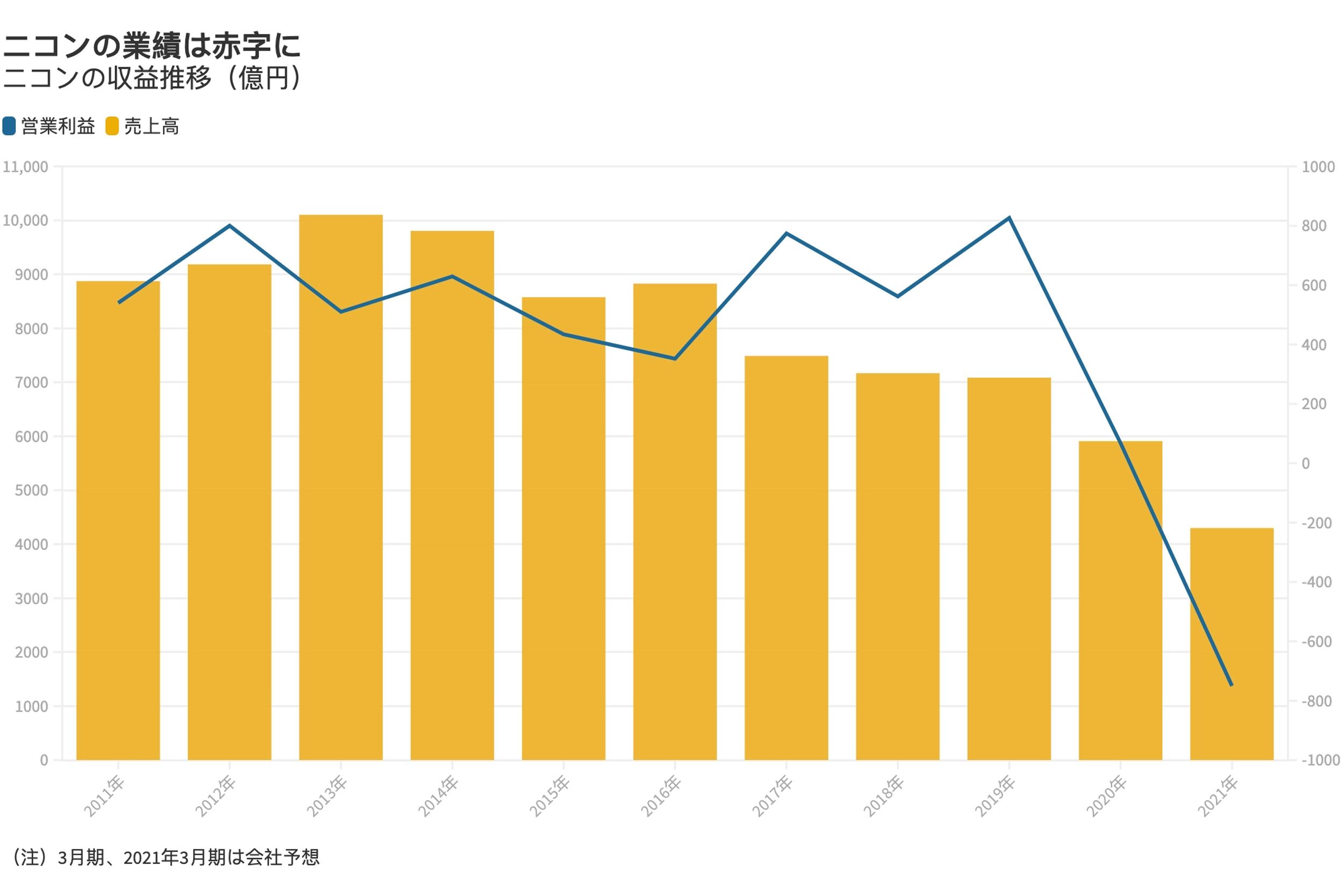With a historic loss of $ 720 million, Nikon shifts its focus to mirrorless cameras

Nikon’s worrisome financial situation has worsened as a result of the Corona virus ‘s globalization problems for the camera industry, and Petapixel reports that to recover from the worst financial year in history, Nikon intends to focus on the mirrorless camera market. Two articles by Toyo Keizai in Japan examine Canon’s operating losses. Toyo Keizai has given an interview to Nikon CEO Hirotaka Ikegami , who runs the company’s filming unit.
Nikon’s financial situation has worsened over the past year, writes Petapixel. According to Toyo Keizai, Nikon’s operating loss between April and September 2020 (April to September 2016) reached 46.6 billion yen (approximately $ 449 million). Nikon, meanwhile, announced a profit of 17.5 billion yen (approximately $ 168 million) during the same period in 2019.
For Nikon’s current fiscal year, which ends March 2021, the company’s operating loss is expected to reach 75 billion yen (approximately $ 720 million); In the previous fiscal year, Nikon managed to generate operating profit of 6.7 billion yen (approximately $ 65 million). If Nikon really loses that much money by March 2021, it will experience the worst fiscal year in history.
To better understand these numbers, it is good to know that Canon is said to have a profit of 64 billion yen (approximately $ 616 million) at the end of the current fiscal year ending March 2021. Specifically, Nikon’s filming unit is expected to end the current fiscal year with a loss of 45 billion yen (approximately $ 433 million). It is worth mentioning that the loss of this unit in March 2020 (March 2017 and April 2016) was 17.1 billion yen (approximately $ 164 million).

The chart above shows that Nikon’s performance is getting worse and worse. The blue line in the chart above shows Nikon’s operating income, and the yellow bars indicate sales figures.
In an interview with Toyo Keizai, Ikegami said that Nikon’s poor performance could be directly attributed to the company’s migration to the mirrorless camera market. Sony experienced tremendous growth after entering the market without mirrors; But Nikon entered the field too late.
Eckhami says he’s not worried about causing problems for the Nikon SLR unit; But he has not looked at the market with complete calm. He says he is very concerned about how well the electronic viewfinder (EVF) performance and the number of shots can be improved. He says that he has never been convinced that mirrorless cameras can take as many shots as each time a DSLR camera is charged. He says the 500 shots offered by mirrorless cameras is not a large number compared to the 1,000 shots taken by DSLR cameras. At one time there was a concern that professionals as well as newcomers to the camera industry might not be interested in mirrorless products.
- Nikon brand story; A century of serious and stubborn presence in the optics industry
Nikon says the company’s latest round of restructuring, including the removal of camera production lines from Japan, could reduce the company’s operating loss by about 59 percent in the fiscal year ending March 2022 (March 1400 and April 1401). According to Toyo Keizai, however, even this reduction is not large enough to completely eliminate operational losses. Nikon must also adopt strategies to increase sales of its products.
“Nikon is ready to return to profitability, and the popularity and performance of the new Z-Series cameras is proof of that,” he said. In addition, despite all the financial losses, Nikon intends to continue to invest in R&D. In addition, Nikon has said that it intends to make more efforts in this area, considering the market capacity of full-frame mirrorless cameras.
In one of his interviews, Ikei explicitly mentions Nikon’s focus on mirrorless cameras. According to Ikegami, Nikon is well aware that the importance of cameras is not limited to capturing ordinary images, and that cameras must also be very powerful in terms of video recording; For this reason, Nikon intends to invest more in the video sector.






